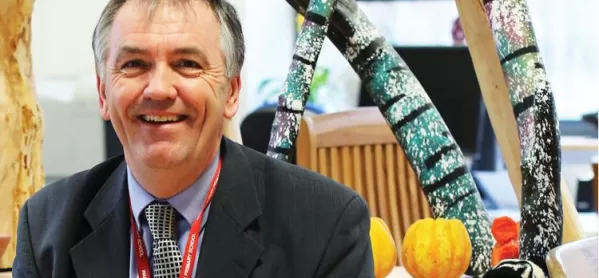It is in teachers’ nature to work too hard and take on too much. They also overthink and overworry. Both of these factors lead to the belief that they have no way of controlling their workload.
As a head for 26 years, and a teacher for more than 40, I know those feelings only too well. I also know the perils of juggling too many balls at the same time and have always fought the urge to do more, and instead have sought ways to simplify my workload.
I remember well that sense of exasperation when I never got to the bottom of my to-do list, and the feeling I was a failure for not doing so.
To cope, I had to develop a series of strategies - in effect, my way of simplifying the teacher’s life.
So, here goes: my guide to surviving the workload perils of teaching and school leadership:
- I stopped worrying about everything. It appeared others weren’t worried half as much as I thought, and let’s face it, worrying is the most unproductive of human activities.
- I learnt to tackle one job at a time and never juggled too many balls at once, and kept the maximum to no more than three.
- I learnt how to tackle those feelings of frustration and self-pity, which are associated with our profession. The reality is that it has always been this way and probably always will be.
- I tried not to take on the problems of all of my staff. It is so easy to do so, but I recognised that I had enough of my own to cope with without increasing the burden.
- I always focused on the fact that our profession is a people-driven one, and tried to avoid paperwork dominating over relationships.
- I never dwelt on what happened yesterday, but was more consumed with what I could do right today. And tomorrow.
- I would never worry about visitors to the school; they saw the school how it was day-in, day-out.
- I recognised that one of the most important skills was listening, and remembered that it was only when you listened that you would hear different opinions to your own.
- I continually counted my blessings that I was a teacher and enjoyed every success, no matter how small. One tiny blessing is better than nothing.
- Perhaps most importantly, I never took my problems home with me. Each evening I would carefully ‘box up’ my work ready for the next day, and then enjoy my home time to the maximum.
Simplistic, yes, but surviving and enjoying more than 40 years in the profession suggests simple things might just work. Now, where’s that beer?
Colin Harris led a school in a deprived area of Portsmouth for more than two decades. His last two Ofsted reports were ‘outstanding’ across all categories
To read more of Colin’s articles, visit his back catalogue
Want to keep up with the latest education news and opinion? Follow Tes on Twitter and like Tes on Facebook




